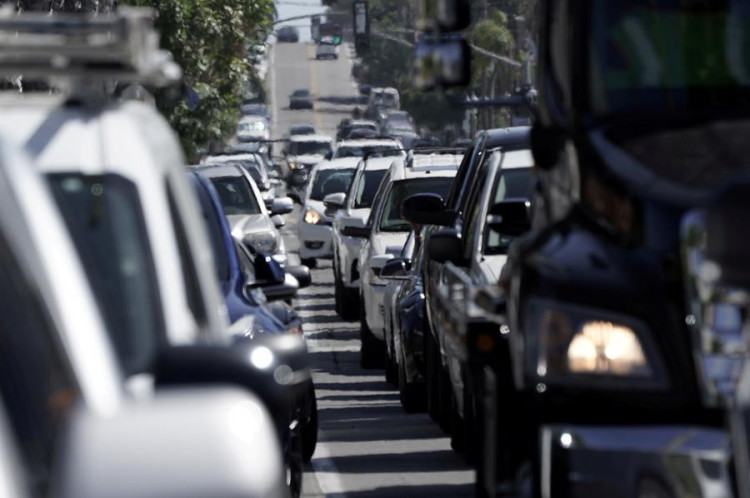The U.S. National Highway Traffic Safety Administration has launched an investigation into another 30 million cars and trucks with defective Takata airbags.
The NHTSA has opened an engineering analysis into some 30 million U.S. vehicles from the 2001 to 2019 model years, Reuters first reported on Sunday.
The report cited an undisclosed document. According to Reuters, it confirmed the latest inquiry Tuesday and stated it covered 1,384 different vehicle types.
The vehicle inflators, based on reports, can explode and, in some cases, send deadly metal shrapnel flying with dangerous consequences.
To date, more than 67 million vehicles with the defective airbags have been identified in the U.S. -- and more than 100 million around the world, in the biggest vehicle safety recall in history.
Takata airbags have been included in an ongoing recall since 2016. According to NHTSA officials, they have a tendency to hurl metal parts if they explode after a certain period of deterioration because of humidity and heat.
The probe includes vehicles built by General Motors, Ford, Honda, Toyota, Land Rover, Nissan, Ferrari, Telsa, Mazda, BMW, Daimler, Chrysler, Jaguar, Porsche, and Subaru.
Subaru vehicles potentially included in the investigation are 2001 through 2019 model year Outback, Forester, Ascent, and Crosstrek.
Subaru Corporation and Subaru of America have been notified of the inquiry. The company has not responded and has not issued a new recall alert yet.
Officials said there have been around 28 fatalities globally -- including 19 in the U.S. in relation to defective Takata inflators.
More than 400 people have been injured because of the faulty airbags, and millions of those vehicles are still being driven with potentially dangerous airbags, authorities said.
In the U.S., 16 of those fatalities were in Honda vehicles, two in Fords and one in a BMW. Outside the country, at least 9 other Honda deaths happened in Mexico, Malaysia, and Brazil.
Honda said "Automakers have been working collaboratively with the NHTSA to assure the safety of these airbags for several years," Honda said in quotes by AutoBlog.
Further study is required to fully examine the long-term safety of desiccated inflators, NHTSA said in a statement.






